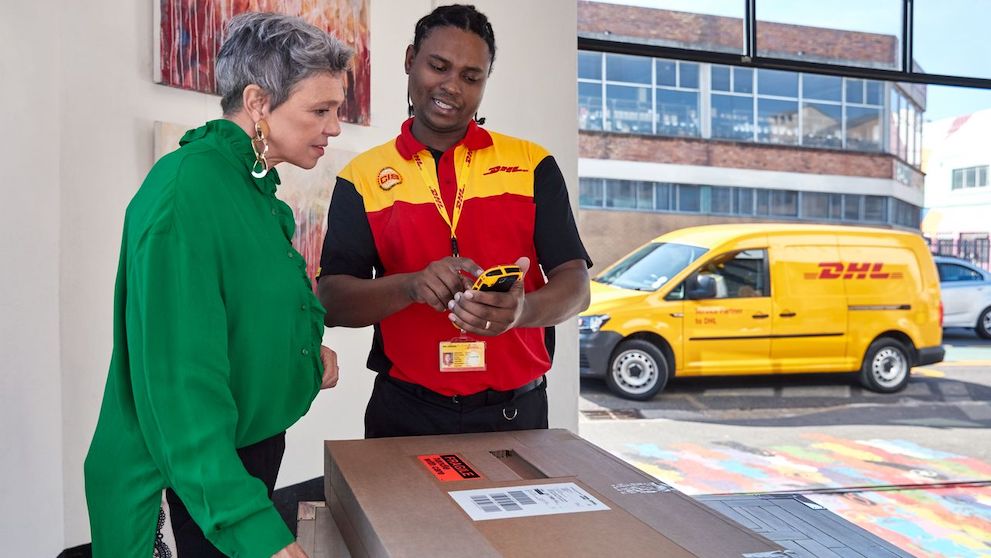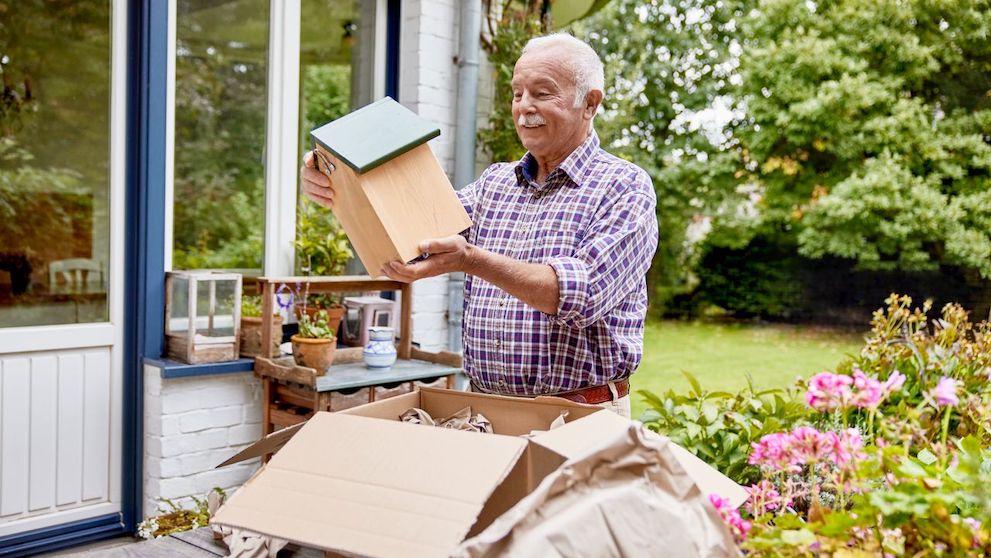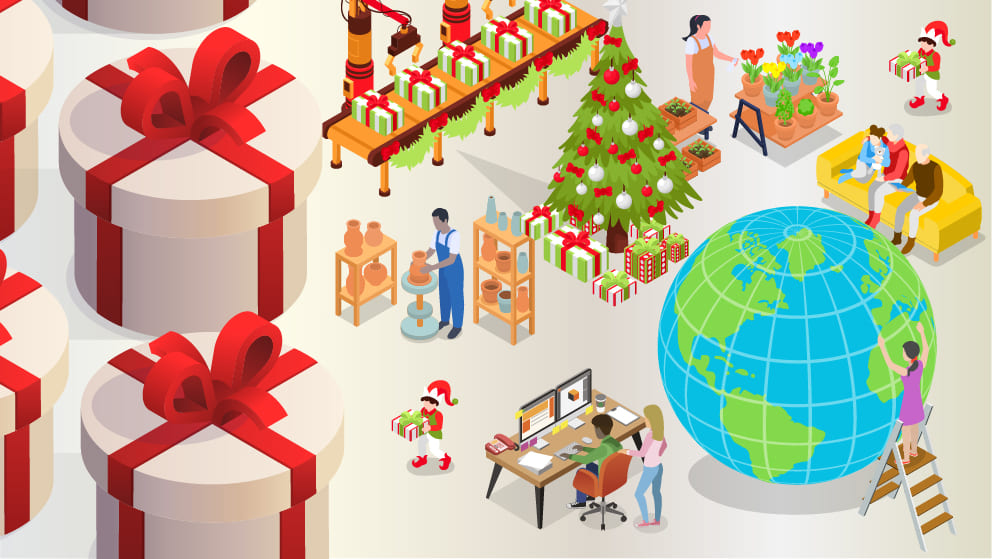The e-commerce landscape is rapidly evolving, with the recent COVID-19 pandemic pushing more consumers towards digital shopping and accelerating the adoption of e-commerce technology and innovation by approximately five years, based on a Forbes report.
As e-commerce continues to grow, New Zealand retailers must continuously innovate, adapt, and improve to meet the changing needs of their customers and remain competitive. Failure to stay current can result in missed opportunities, lost sales, and ultimately, a loss of market share.
Key statistics about e-commerce in New Zealand
So, what exactly is the current state of e-commerce in New Zealand? Here are the key statistics from Statista you need to know:
Number of users in the e-commerce market is expected to amount to 3.26 million by 2027;
User penetration is expected to hit 60.5% by 2027, and
The average revenue per user (ARPU) is expected to amount to US$1,950
However, with so much changing and evolving every day, it can be tough to keep up with all of the new e-commerce statistics, platforms, and features available to businesses. That’s why we’ve compiled the top three trends below for NZ retailers to look out for in 2023.
Top 3 e-commerce trends for New Zealand retailers in 2023
1. Omnichannel shopping experiences for convenience
In today's digital age, where customers have come to rely heavily on their devices to get the goods they want and need, it is no surprise that businesses are pushed to invest more in digital solutions.
But with this challenge also comes a more exciting opportunity: the chance for New Zealand retailers to give customers the convenience and level of satisfaction that was never possible before, including investing in digital solutions like e-commerce platforms, mobile apps, and integrated payment services to better meet these expectations. By combining different channels and technologies, retailers can provide a seamless omnichannel shopping experience that meets the needs of today's consumers.
For example, many businesses in New Zealand, like Mighty Ape and Countdown, offer the option for customers to buy products online and pick them up in-store. This provides a seamless experience as customers can shop from the comfort of their own homes and pick up their purchases later on at a convenient time of their own choosing.
2. Good customer service and personalisation will delight customers
Other than omnichannel solutions, good customer service is also essential for retailers to succeed in New Zealand this 2023.
To stay at the top of their game, companies need to focus on providing clear and consistent communication regarding delivery times. Customers no longer want to wait days or weeks for a product – they want it fast. In fact, almost 65% of consumers say they would be less likely to buy from a retailer again if a delivery is delayed more than two times, according to a survey by Voxware.
New Zealand retailers who provide a personalised shopping experience on top of good customer service can take advantage of the potential for increased revenue, stronger relationships with customers, and better customer retention rates that come with it.
This includes efforts such as customising shopping experiences through special recommendations, creating loyalty programmes tailored to each customer’s preferences, or even e-commerce tracking services provided by DHL Express whereby customers can easily check the number of their package and receive real-time updates on the delivery status.
3. Sustainability is equally important now
Sustainability has also become an increasingly important issue for businesses around the world, including retailers in New Zealand.
Consumers are becoming more aware of the impact that their purchases have on the environment. They are actively seeking out companies that prioritise sustainability, with 42% of digital shoppers opting to choose a business that uses sustainable packaging over one that doesn’t, according to Statista.
Retailers can decrease waste by implementing eco-friendly packaging solutions, reducing excess packaging, and offering customers the opportunity to recycle or upcycle their products. Shipping providers like DHL Express also provide sustainable logistics solutions such as carbon-neutral shipping options.





















